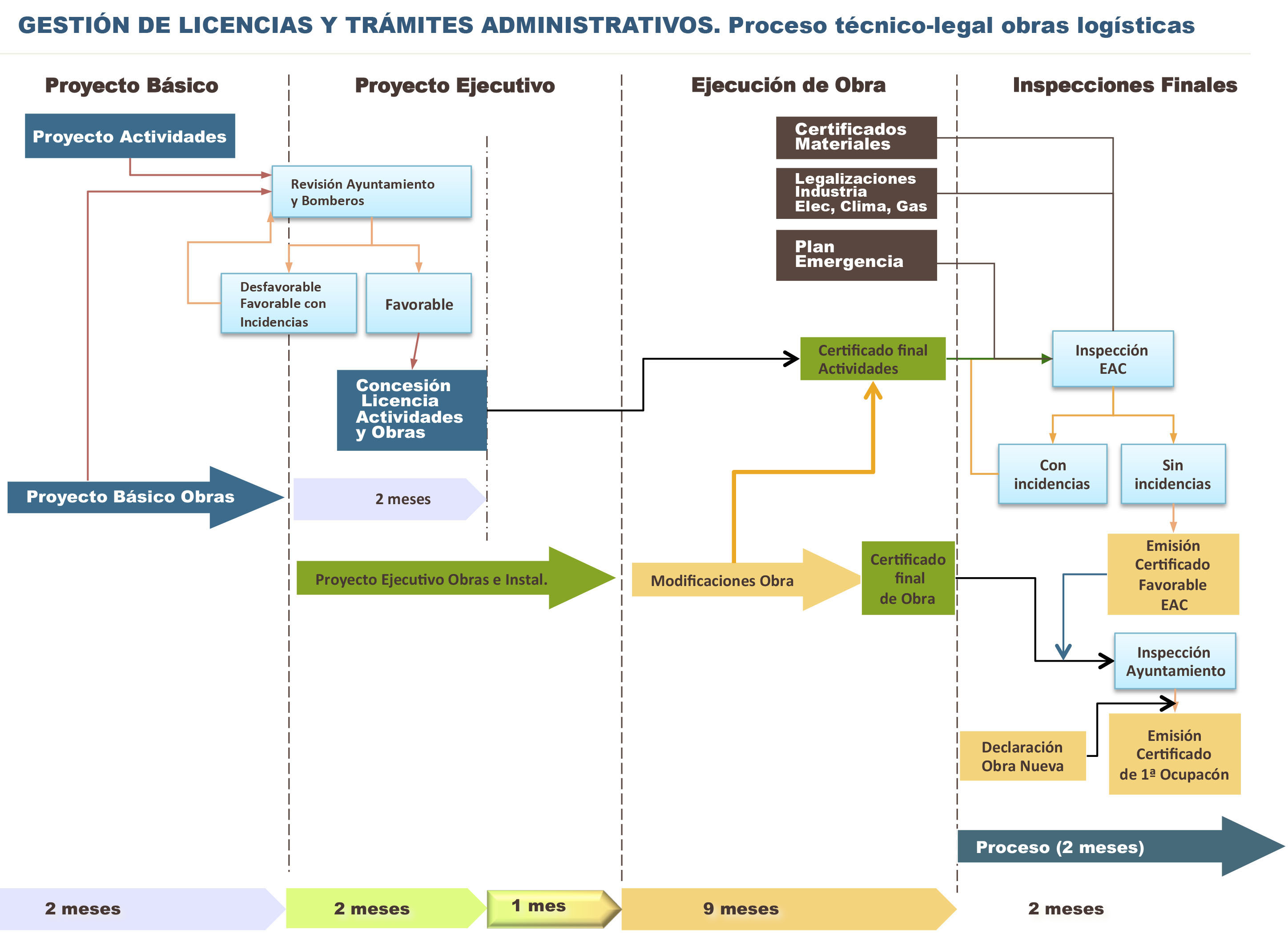Project Management
Project Management is a set of methodologies to plan and direct the processes of a project.
How does INAPTK carry out the project management?
INAPTK ejecuta sus proyectos en base a los siguientes Elementos de Módulos de Gestión:
Integration
The different elements of the project are properly coordinated.
Scope
The project includes all work and only the work required to complete the project successfully.
Time
The project is completed on time.
Cost
The project is completed according to the approved budget.
Quality
The project will meet the needs for which it was created.
Human Resources
The most effective use is made of the resources involved.
Comunication
Project information is generated, collected, disseminated, stored and destroyed on time and properly.
Risk management
Project risks are identified, analyzed and responded to.
Project closure
Management of licenses and administrative procedures.
No project
is too big…
01. Integration
Ultimate goal of Project Management: Make everything work properly.
MAIN INTEGRATION ACTIVITIES:
• Coordinate and align project activities with process groups.
• The unification, integration and consolidation are crucial to achieve the objectives of the project and the satisfaction of the stakeholders.
• Adequate management of the processes for project management Formally authorize the project… invest the “Project Manager” with authority to use the organization’s resources.
02. Scope
Project Scope Management
¿What Project Scope Management is?
The processes necessary to ensure that the project includes all the work required, and ONLY the work required to complete the project satisfactorily.
What does it consist of?
• Constantly check that the work has been completed
• Make use of the change control system
• Be sure that all changes are integrated
• Define and control what is and what is not part of the project.
• Prevent extra work or “Gold Plating”.
Why is Scope Management important?
• To not do more than what is due on a project
• To not do less than what is due on a project
• To avoid incurring extra expenses
• To track changes
• Because only 32% of the projects are models of success

03. Time
Project Time Management
What Project Time Management is?
• Define and order the activities within a project.
• Determine the resources needed
• Determine activity durations
• Develop a plan. INAPtk develops its planning based on a FAST TRACK concept
• Control the planning
What is Project Time Management used for?
• Meet deadlines
• Plan tasks
• Plan resource availability
• To create options, and meet deadlines
04. Cost
Project Cost Management
• Includes PLANNING, ESTIMATE, BUDGET and COST CONTROL so that the project ends within the budget
• Project Cost Management FOCUSES primarily on the COST OF RESOURCES. Subsequently in the COST OF THE DECISIONS of the project and in the COST OF THE MAINTENANCE of the product, service or result
• In small projects ESTIMATE COST and DETERMINE BUDGET are processes that CAN BE CONFUSED, although the tools and techniques of each one are different.

05. Quality
Project Quality Management
Modern QUALITY management recognizes the IMPORTANCE of:
• Customer satisfaction: understanding, evaluation, definition and management of expectations to meet customer requirements.
• Prevention versus inspection: The cost of preventing errors is generally less than the cost of correcting them.
06. HR
Project HR Management
What is Human Resources Management?
• Processes that organize and manage the work team.
• Work team: people with specific roles in the project, it is important to involve them as soon as possible in the planning phases.

07. Comunicación
Project Communication Management
What is communication management?
• The management of project communications includes the necessary processes to ensure that all the information related to the project is generated, distributed, stored on time, correctly and to the appropriate interlocutors.
• The Project Manager spends 90% of his time in communication.
• The added value of the project manager is in the availability of information, its correct use and its correct communication.
Control Communications
• Control the communications in the project, to verify that the information flows as planned.
• Measure the efficiency and effectiveness of communications.
08. Risk management
Project Risk Management
INAPtk carries out a risk study of the project in its initial phase, the conclusion should be:
PROVIDE PEACE OF MIND TO THE CUSTOMER DEAL EFFICIENTLY WITH DIFFERENT RISKS
PHASES OF RISK MANAGEMENT
• Plan risk management
• Identify risks
• Perform qualitative risk analysis
• Perform quantitative risk analysis
• Plan risk responses
• Monitor and control risks

09. Project closing

Contact
Carrer Ernest Lluch, 4-10, Local 1 · 08820 El Prat de Llobregat
+34 93 624 08 72
dchillon@inaptk.es
Contact David Chillón Costa. Head of Technical Office.
aguarnizo@inaptk.es
Contact Antonio Guarnizo Sánchez. Commercial manager.
